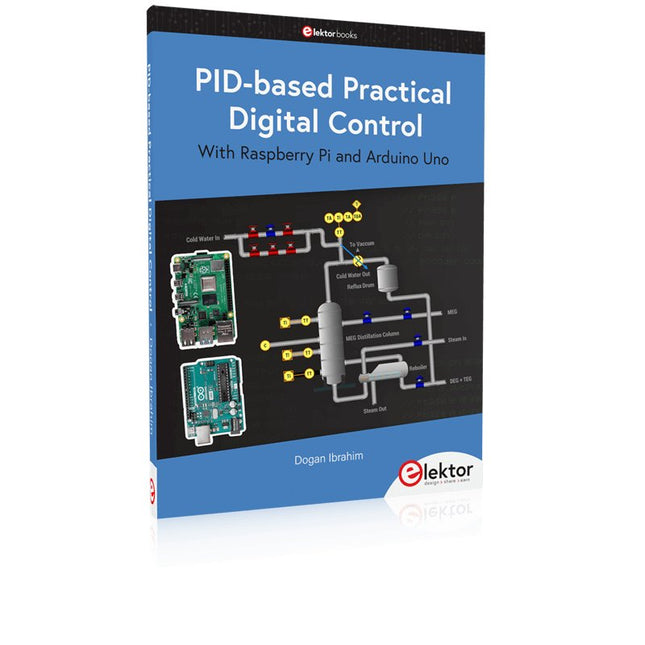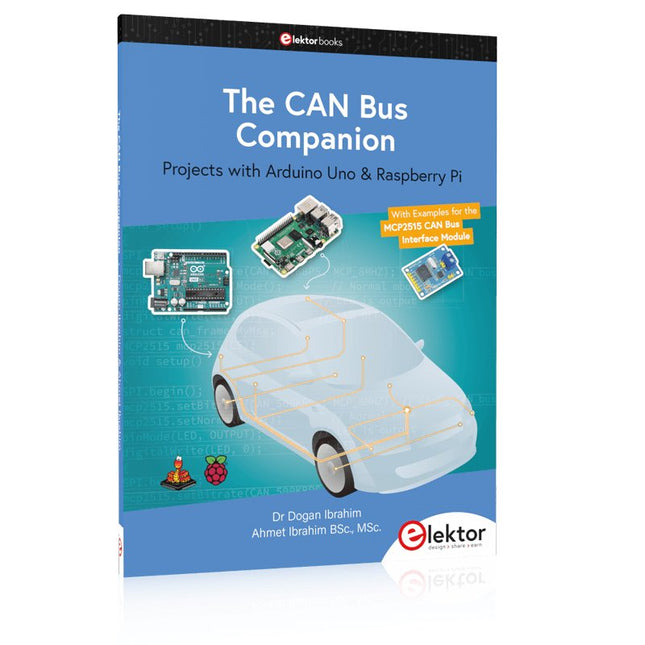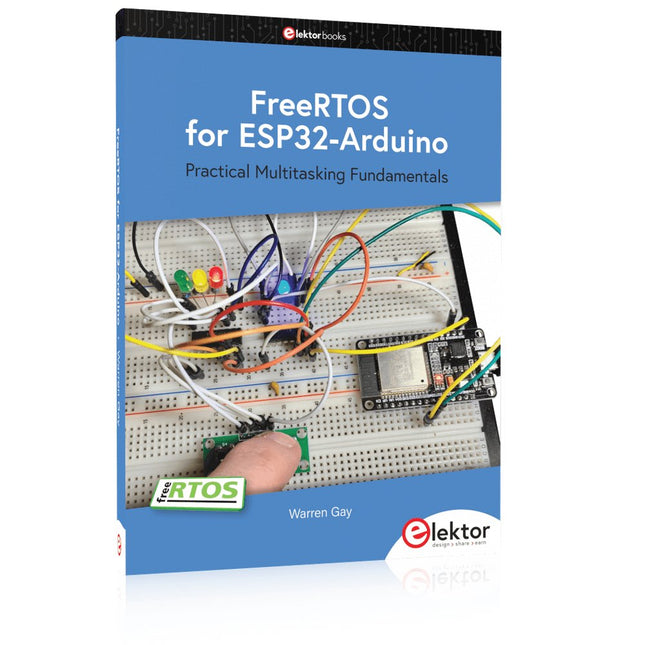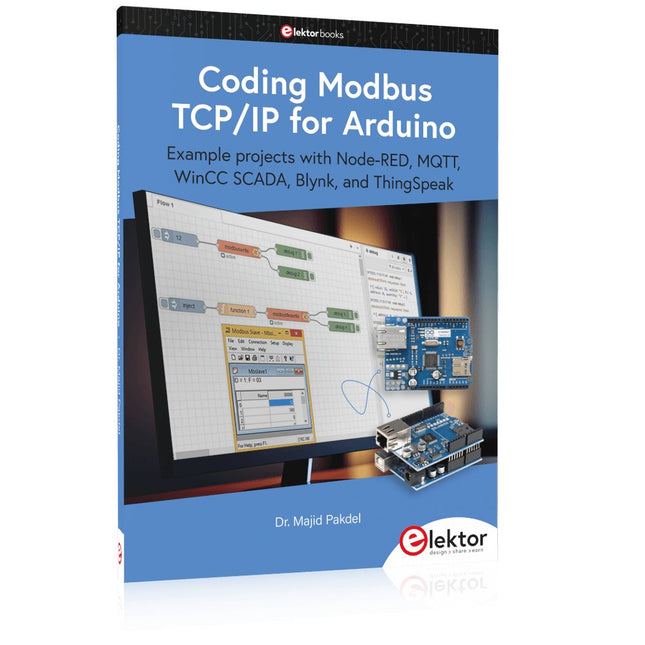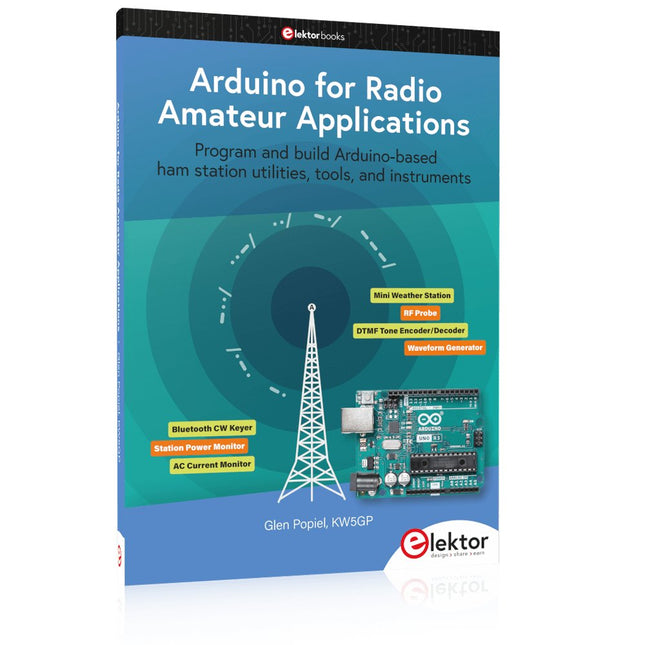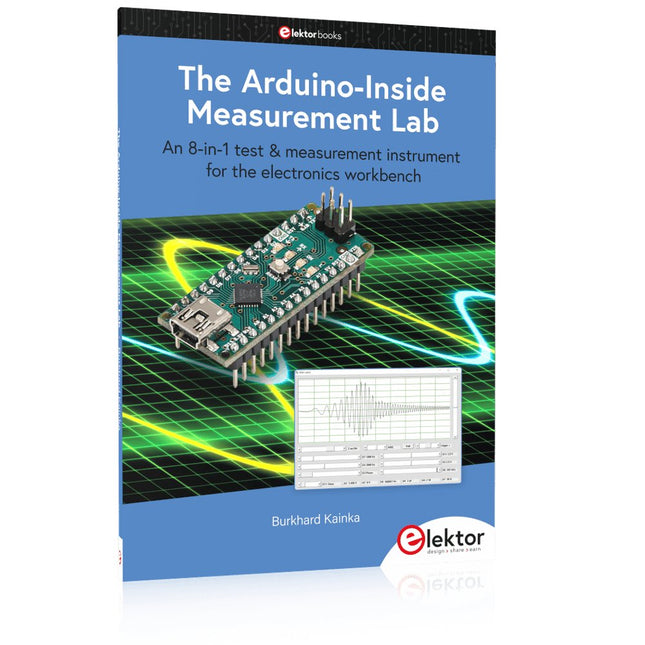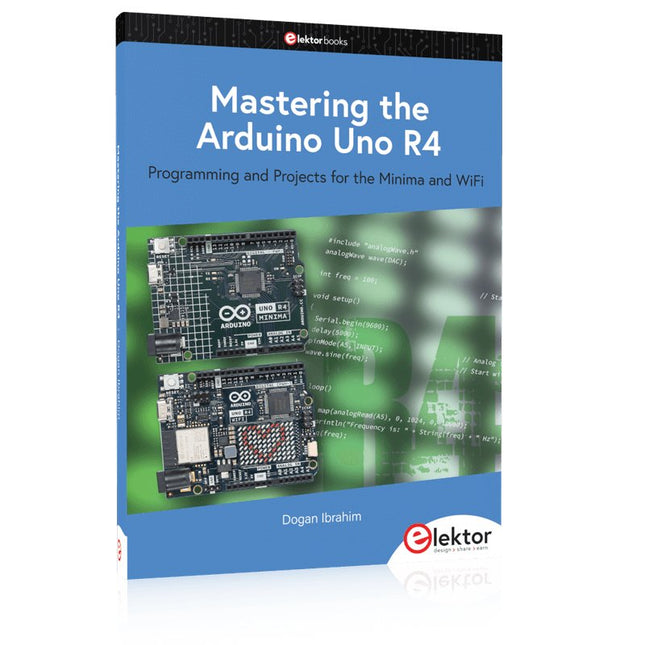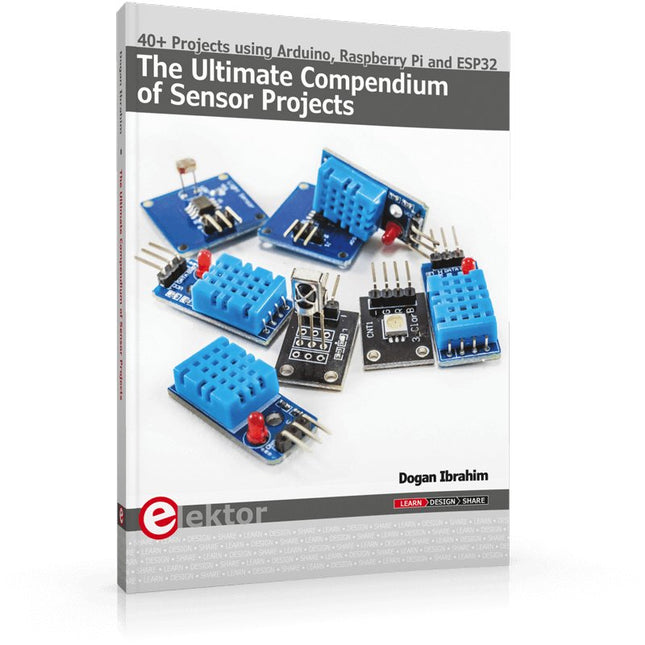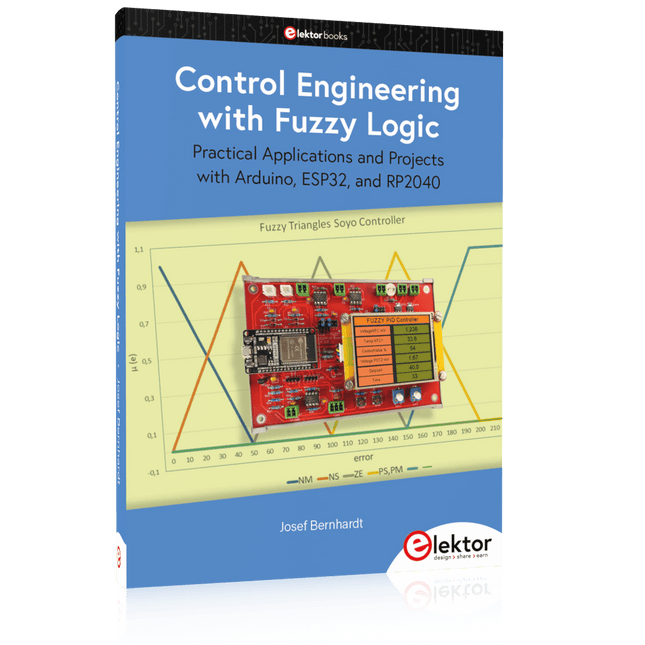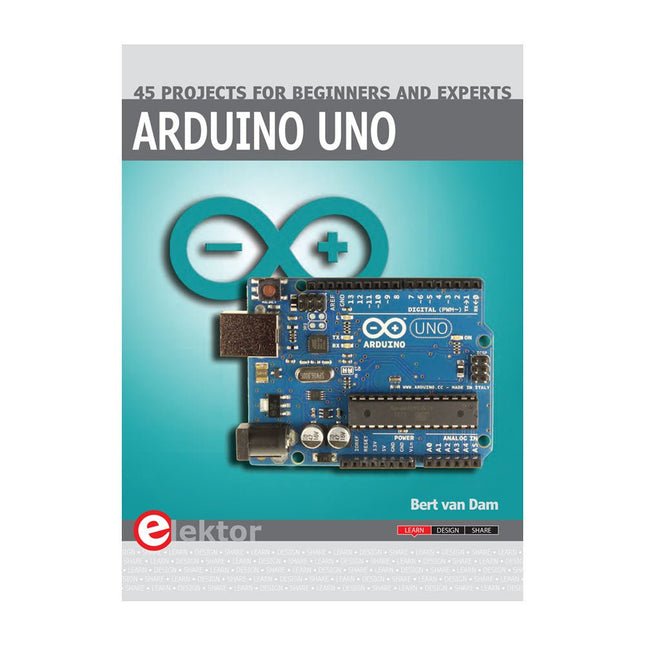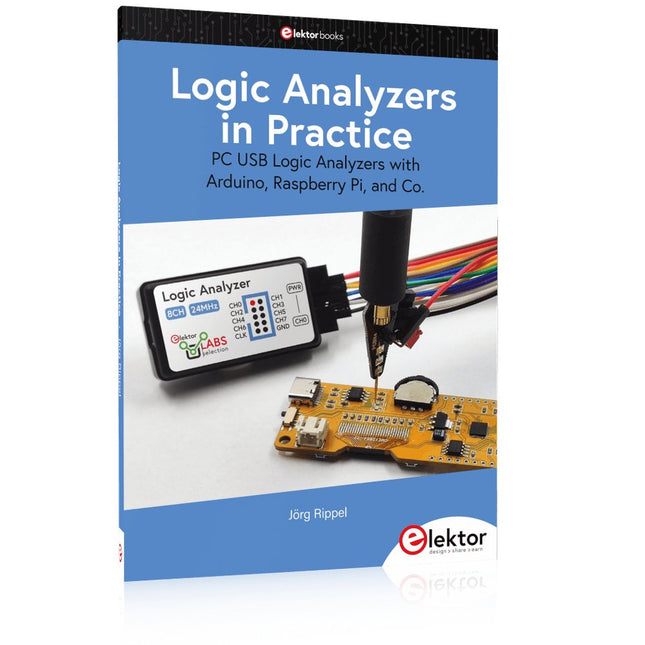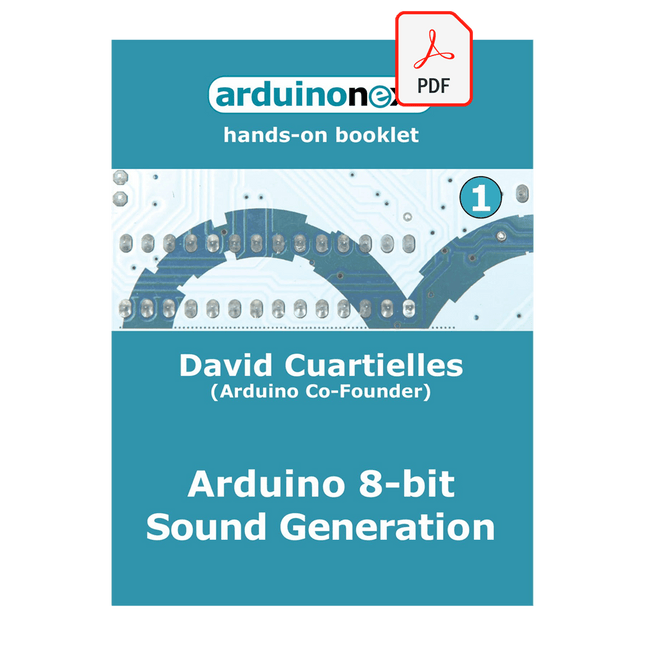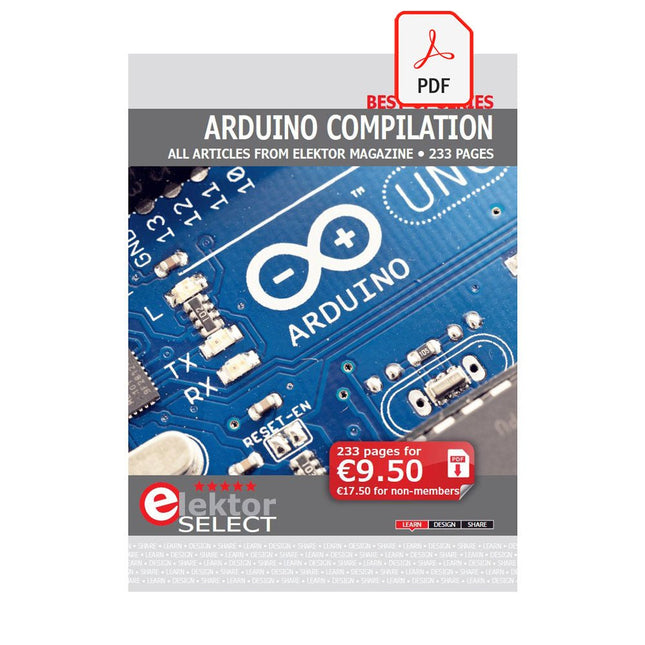Arduino manuals, project books and programming books at Elektor
The Arduino books are ideal for people who want to get started with Arduino open source computer technology. Programming, learning and mastering the Arduino technology is possible for everyone thanks to the series of Arduino manuals, project books and programming books at Elektor. In addition to a physical Arduino manual, project book or programming book, you can also purchase the PDF version of the book.
What is Arduino
Arduino is an open source electronic platform that consists of user-friendly hardware and software that allows you to create your own automated programming. The Arduino products are the ideal way for many hobbyists, makers, hackers and technology enthusiasts to get acquainted with the world of programming, electrical engineering and making their own smart and creative electronics in an accessible way.
Because the Arduino boards are cheap, compact and energy-saving, both beginners and more experienced technicians can use them well. Thanks to the wide range of shields (add-on Boards) you can do anything from creating your own weather station to audio players.
Nowadays you will find a lot of Arduino hardware and software in prototypes of Internet of Things (IoT) solutions because the Arduino is easy to connect to the internet.
What types of Arduino books are there:
There are 3 types of Arduino books with which you can enrich your knowledge of Arduino:
Manuals
The Arduino manual is for the reader who wants to become acquainted with the possibilities of Arduino using the examples from the manual. The manual can serve as a reference or as a handy user manual when working with Arduino open-source electronics. The Arduino manuals delve deeper into the hardware components of current Arduino boards and boards that have already been released.
The Arduino manuals are available from Elektor in: Full color paperback and E-book in PDF version.
Project books
With the Arduino project books you will find knowledge and expertise on topics such as sensors, LED and LCD screens, motors and all other conceivable applications for which Arduino technology can be used. Each project has detailed instructions and contains all the information you need to make your own project work with Arduino technology.
The Arduino project books are available from Elektor in: Full color paperback and E-Book in PDF version.
Programming books
Technologies change at a rapid pace, but what often remains the same is the language in which this technology is programmed. The mother of the programming languages, called C, is still the programming language used in many of the Arduino projects. To understand C and other programming languages, Elektor sells Arduino programming books.
The Arduino programming books are available from Elektor in: Full color paperback and E-Book in PDF version.
Buy Arduino books and PDFs from Elektor
Elektor has been a household name in the world of electronics and technology since 1960. Since the 1960s, the community has grown into a global community with more than a hundred thousand dedicated technology enthusiasts, electrical engineers and manufacturers with a passion for engineering and technology. As an authorized distributor of Arduino, Elektor is a reliable partner for all Arduino technology that comes directly from the manufacturer in Italy.
